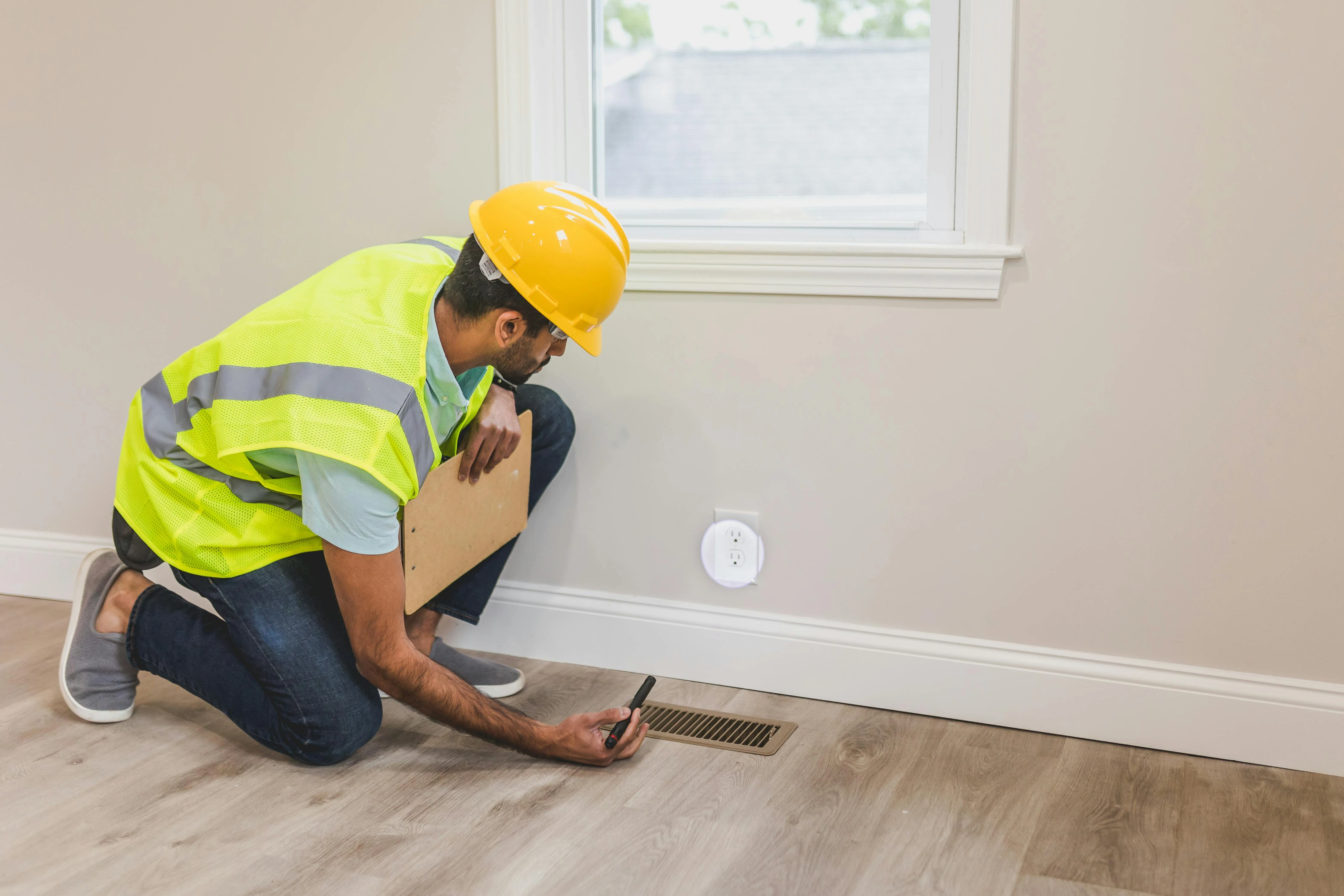
More Than a Leaky Faucet: How Fair Maintenance Shapes Community Culture
Maintenance requests are often the most frequent interactions residents have with property management. For many residents, the speed and fairness of these responses set the tone for their overall satisfaction. A quick, consistent, and respectful response can build confidence in the community and reassure residents that their concerns are being addressed.
On the other hand, when delays occur without explanation or when residents perceive favoritism, frustration grows quickly. This dissatisfaction can spill over into complaints, poor reviews, or even formal fair housing claims. Viewing maintenance not just as a repair function but as a form of customer service helps property managers approach every request as an opportunity to strengthen trust.
Why Fairness Matters Beyond Compliance
Fair housing laws make it clear: all residents must be treated equally. This applies not only to leasing and advertising but also to day-to-day operations, such as maintenance. If one resident consistently receives faster service than another, especially if there is a pattern tied to protected characteristics, housing providers could face allegations of discrimination.
Yet compliance is only part of the picture. Fair treatment has a direct impact on how residents feel about their community. When residents see that their requests are taken seriously and handled with fairness, they feel respected. That respect often translates into long-term loyalty, timely lease renewals, and even word-of-mouth recommendations that attract future residents.
Prioritization Done Right
Naturally, some maintenance issues require more immediate attention than others. A burst pipe or malfunctioning air conditioning system in the summer must be prioritized over cosmetic problems, such as a sticking cabinet door. The challenge for property managers is ensuring that the system for prioritization is consistent and clearly communicated.
Establishing objective criteria, such as health and safety concerns, habitability, and urgency, creates a framework that staff can rely on to make informed decisions. When residents understand why certain requests are addressed first, they are less likely to perceive unfairness. Transparency in how priorities are set turns potential frustrations into opportunities for reassurance and confidence.
Communication Builds Confidence
Even with clear priorities, delays are sometimes unavoidable. High demand seasons, staffing shortages, or parts on backorder can all impact response times. The difference between a satisfied resident and an upset one often comes down to communication. Residents who receive proactive updates feel that their concerns are acknowledged, even if the repair is delayed.
Good communication also prevents assumptions of favoritism. If a resident sees a neighbor’s request being completed sooner, they may assume bias unless they have been informed about the reason for the timing. By setting realistic expectations and keeping residents updated, property managers build confidence that all requests are handled fairly and thoughtfully.
Documentation as a Service Tool
Accurate documentation is a cornerstone of both compliance and customer service. By keeping detailed records of when requests are made, how they are prioritized, and when they are completed, property managers can demonstrate consistency in their process. This reduces liability and helps resolve disputes if a resident questions why a delay occurred.
But documentation does more than protect management. It also improves efficiency. Staff can quickly review outstanding requests, provide precise updates to residents, and ensure that no issues fall through the cracks. This level of organization signals professionalism and creates a smoother experience for residents, reinforcing the trust that property managers work hard to build.
Training Staff for Consistency
Frontline staff often handle maintenance requests directly, and their actions can significantly impact resident perceptions. Without clear policies and training, employees may make judgment calls based on convenience or familiarity, unintentionally creating unequal treatment. Training ensures that staff understand fair housing obligations and apply policies consistently.
Beyond compliance, training instills a customer service mindset. Staff learn that every interaction is a chance to either build or damage trust with residents. By equipping employees with both the legal knowledge and customer service skills they need, property managers create a team that represents fairness, professionalism, and respect at every step of the process.
Building Trust One Request at a Time
Balancing maintenance requests fairly is about more than fixing broken items. It is about creating an environment where every resident knows they can rely on management for fair and consistent service. When residents trust the process, they are less likely to feel overlooked, even when delays happen.
By combining consistent prioritization, transparent communication, strong documentation, and well-trained staff, property managers can leverage maintenance as one of the most powerful tools for enhancing resident satisfaction. Each request addressed fairly strengthens the community, reduces risks, and creates long-term value for both residents and housing providers.
Call to Action: Strengthen Your Maintenance Practices Today
Now is the time to review how your team handles maintenance requests. Are your prioritization standards clear and consistent? Is communication timely and transparent? Do your staff members have the necessary training to handle requests fairly under the Fair Housing Act?
Taking the time to evaluate and improve these areas will pay off in more than just compliance; it will also yield benefits in other areas. It will lead to stronger relationships, greater resident satisfaction, and a healthier community culture. Start with small changes, reinforce them through training, and watch as fairness in maintenance becomes a foundation for trust and long-term success.
Source: fairhousinginstitute.com













 Accessibility
Accessibility